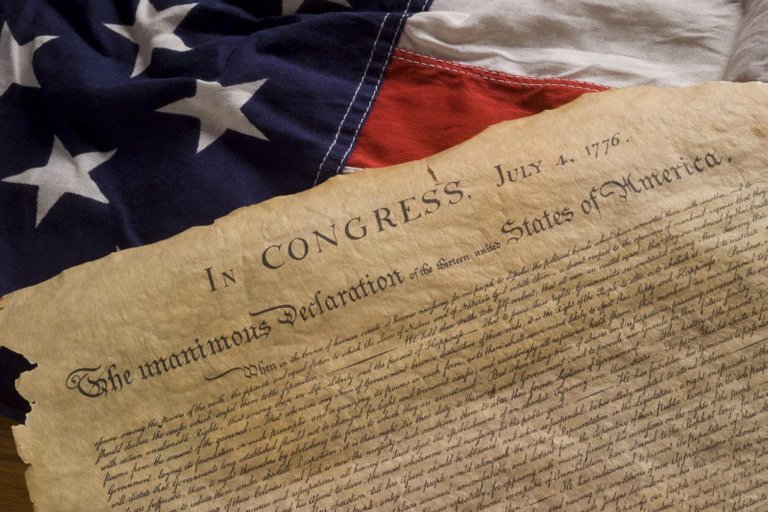
We need to discuss this before next week. We’re right in the middle, between Juneteenth
(June 19) and Independence Day (July 4). The Fourth of July is celebrated by all of us, of course. There will be fireworks and bands and parades and parties—and more Covid-19. But as one Black friend said, it’s a party, but she doesn’t see it as something to celebrate. Let’s talk about the African-American experience.
Black Americans didn’t care about the government of the white “master,” if they continue to be held in chains. And here’s the thing: Slavery was outlawed in England in 1772, with the case of James Somerset.
Somerset had been purchased in Massachusetts by Charles Stewart, but when Steward brought Somerset to England, Somerset escaped, and the British court determined that “chattel slavery was unsupported by the common law in England and Wales.” He was freed. So if it were not for the Revolutionary War, Black people may have been freed here decades earlier—making the American Civil War unnecessary. In fact, fear of an end of slavery was the main reason the South worked with the North for the American Revolution. July 4 preserved slavery. Hardly something for Black people to celebrate.
JULY 4 MADE LITTLE DIFFERENCE
Truth be told, our independence from Britain meant almost no immediate change for most of the people in the new country. Yes, merchants paid less in taxes, which is what brought about the Boston Tea Party—a protest of taxes levied on tea, so Boston Harbor became a big teacup that day. But most of the elites remained in charge.
Most people were not liberated. Not all white people. Not even all white men. The new nation only fully recognized white, male property owners—and in some cases, part of their ‘property” was other men and women. To add insult to injury, the Africans who were enslaved were counted as three-fifths of a real human being—and they couldn’t vote, anyway. They were only counted so that their white owners could have unfairly high representation in Congress.
THE THREE PERCENT
Independence Day, itself, didn’t actually change anything for anybody, except to assure eight more years of war. As today’s rightwing extremists like to point out, only three percent (3%) of the colonial public fought for independence. The rest just suffered the shortages, damage, dislocations, and deaths of war. And while we don’t like to talk about it, there was not much support for the war, or for independence.
In a book called, “Loyalists of Massachusetts, and the Other Side of the Revolution,” James Stark says while Massachusetts is seen as the heart of the revolution, the truth is that most of the residents there were against the uprising. In fact, he says, if there had been a secret ballot, the majority of residents throughout the colonies were overwhelmingly “loyalists,” not revolutionaries. They were quite content under the King. The book compiles 509 pages of biographical sketches and actual copies of correspondences. It is well documented.
THE SILENT MAJORITY
Many of the loyalists are what Richard Nixon, and now Donald Trump, would call, “The Silent Majority.” They don’t care, and just want to be left alone. They are more worried about disturbances and discomfort than any cause of any kind.
However, some were willing to speak up as loyalists, and were attacked. Many were tarred-and-feathered, (a form of torture involving pouring hot tar on a naked body and applying feathers to the sticky surface). Those loyalists include many slaves, who fought with the British, hoping to gain their freedom. Many of the loyalists who remained lost their property, and many were lynched. Britain was able to evacuate 76,000 loyalists after the war—a tiny percentage of the loyalists. (Just as the U.S. evacuated only a small number from Vietnam after the fall in 1975.)
LET’S CELEBRATE, ANYWAY
It’s what made us a country, and we can celebrate what we are and what we have done. But still, the war only “freed” a small minority of residents. “Independence” didn’t necessarily mean freedom. Even some of the Founding Fathers, whom we revere, continued to participate in slavery, even as they spoke of equality.
But it’s our country’s birthday. So we can celebrate who we are and what we have done as a people. Let’s do that.
Posted from Election Central : https://www.uspresidentialelectionnews.com/2020/06/was-the-fourth-of-july-really-independence-day-part-1/